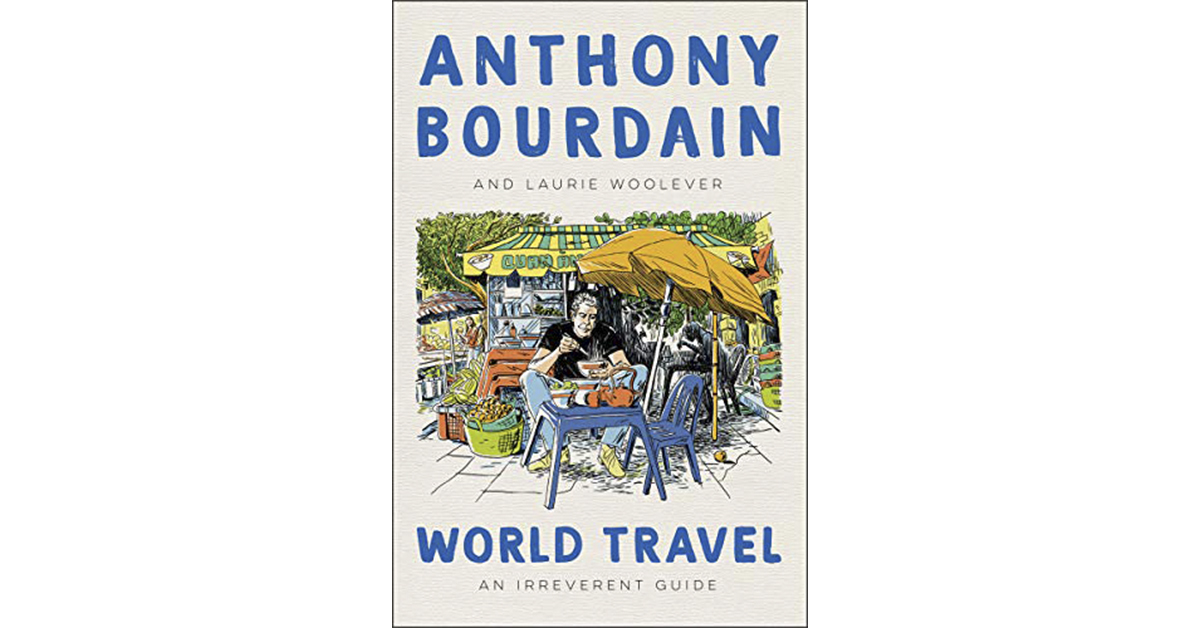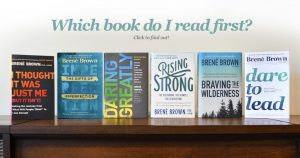
About The book
Woolever, longtime cowriter with the late Bourdain (1956–2018), knits together an impressive food-obsessed travel guide based on her conversations with Bourdain. Flitting from Argentina to Bourdain’s beloved Vietnam, the narrative captures Bourdain’s appreciation of everything from Oaxacan sauces to New York City’s Barney Greengrass restaurant (“If God made anything better, he kept it for himself”) and the “awesomeness” of Hong Kong’s night markets. Entries can be slim—such as “Kenya,” which consists of a dash of history and a quick nod to a restaurant in Kibera—but the book’s power comes from Bourdain’s joyfully combative stances (“Once you’ve been to Cambodia, you’ll never stop wanting to beat Henry Kissinger to death with your bare hands”), unabashed enthusiasm, dense overlay of cinematic references, and world-weary advice (“Sardinia’s the kind of place you better know somebody”). This gloriously messy miscellany of off-kilter observations and lightning-in-a-bottle insights will make one want to read, eat, and experience the world the way Bourdain did. Bourdain’s fans will devour this. (Apr.)
What i have summarised from the book
A guide to some of the world’s most fascinating places, as seen and experienced by writer, television host, and relentlessly curious traveler Anthony Bourdain Anthony Bourdain saw more of the world than nearly anyone. His travels took him from the hidden pockets of his hometown of New York to a tribal longhouse in Borneo, from cosmopolitan Buenos Aires, Paris, and Shanghai to Tanzanians utter beauty and the stunning desert solitude of Oman’s Empty Quarterland many places beyond. IN World Travel, a life of experience is collected into an entertaining, practical, fun and frank travel guide that gives readers an introduction to some of his favorite places? In his own words. Featuring essential advice on how to get there, what to eat, where to stay and, in some cases, what to avoid, World Travel provides essential context that will help readers further appreciate the reasons why Bourdain found a place enchanting and memorable. Supplementing Bourdais’s words are a handful of essays by





Let’s be real: 2020 has been a nightmare. Between the political unrest and novel coronavirus (COVID-19) pandemic, it’s difficult to look back on the year and find something, anything, that was a potential bright spot in an otherwise turbulent trip around the sun. Luckily, there were a few bright spots: namely, some of the excellent works of military history and analysis, fiction and non-fiction, novels and graphic novels that we’ve absorbed over the last year.
Missionaries by Phil Klay
I loved Phil Klay’s first book, Redeployment (which won the National Book Award), so Missionaries was high on my list of must-reads when it came out in October. It took Klay six years to research and write the book, which follows four characters in Colombia who come together in the shadow of our post-9/11 wars. As Klay’s prophetic novel shows, the machinery of technology, drones, and targeted killings that was built on the Middle East battlefield will continue to grow in far-flung lands that rarely garner headlines.
– Paul Szoldra, editor-in-chief
Written by ‘Terminal Lance creator Maximilian Uriarte, this full-length graphic novel follows a Marine infantry squad on a bloody odyssey through the mountain reaches of northern Afghanistan. The full-color comic is basically ‘Conan the Barbarian’ in MARPAT.
James Clark, senior reporter
Now a gritty and grim animated World War II miniseries from Netflix, The Liberator follows the 157th Infantry Battalion of the 45th Division from the beaches of Sicily to the mountains of Italy and the Battle of Anzio, then on to France and later still to Bavaria for some of the bloodiest urban battles of the conflict before culminating in the liberation of the Dachau concentration camp. It’s a harrowing tale, but one worth reading before enjoying the acclaimed Netflix series.
– Jared Keller, deputy edito
The Only Plane in the Sky: An Oral History of 9/11 by Garrett Graff
If you haven’t gotten this must-read account of the September 11th attacks, you need to put The Only Plane In the Sky at the top of your Christmas list. Graff expertly explains the timeline of that day through the re-telling of those who lived it, including the loved ones of those who were lost, the persistently brave first responders who were on the ground in New York, and the service members working in the Pentagon. My only suggestion is to not read it in public — if you’re anything like me, you’ll be consistently left in tears
The Body in Pain: The Making and Unmaking of the World by Elaine Scarry Why do we even fight wars? Wouldn’t a massive tennis tournament be a nicer way for nations to settle their differences? This is one of the many questions Harvard professor Elaine Scarry attempts to answer, along with why nuclear war is akin to torture, why the language surrounding war is sterilized in public discourse, and why both war and torture unmake human worlds by destroying access to language. It’s a big lift of a read, but even if you just read chapter two (like I did), you’ll come away thinking about war in new and refreshing ways.
– David Roza, Air Force reporter
Stalingrad takes readers all the way from the Nazi invasion of the Soviet Union to the collapse of the 6th Army at Stalingrad in February 1943. It gives you the perspective of German and Soviet soldiers during the most apocalyptic battle of the 20th century.
– Jeff Schogol, Pentagon correspondent
America’s War for the Greater Middle East by Andrew J. Bacevich
I picked up America’s War for the Greater Middle East earlier this year and couldn’t put it down. Published in 2016 by Andrew Bacevich, a historian and retired Army officer who served in Vietnam, the book unravels the long and winding history of how America got so entangled in the Middle East and shows that we’ve been fighting one long war since the 1980s — with errors in judgment from political leaders on both sides of the aisle to blame. “From the end of World War II until 1980, virtually no American soldiers were killed in action while serving in the Greater Middle East. Since 1990, virtually no American soldiers have been killed in action anywhere else. What caused this shift?” the book jacket asks. As Bacevich details in this definitive history, the mission creep of our Vietnam experience has been played out again and again over the past 30 years, with disastrous results.
– Paul Szoldra, editor-in-chief
Burn In: A Novel of the Real Robotic Revolution by P.W. Singer and August Cole
In Burn In, Singer and Cole take readers on a journey at an unknown date in the future, in which an FBI agent searches for a high-tech terrorist in Washington, D.C. Set after what the authors called the “real robotic revolution,” Agent Lara Keegan is teamed up with a robot that is less Terminator and far more of a useful, and highly intelligent, law enforcement tool. Perhaps the most interesting part: Just about everything that happens in the story can be traced back to technologies that are being researched today. You can read Task & Purpose’s interview with the authors here.
– James Clark, senior reporter

The books I’m most thankful for this year are a three-book series titled Tales from the Gas Station by Jack Townsend. Walking a fine line between comedy and horror (which is much harder than people think), the books follow Jack, an employee at a gas station in a nameless town where all manner of horrifyingly fantastical things happen. And while the monsters are scary and more than a little ridiculous, it’s Jack’s bone-dry narration, along with his best friend/emotional support human, Jerry, that elevates the books into something that are as lovely as they are absurd.”
Historical background of the Book
Katharine McGee is grateful for the Redwall series by Brian Jacques. Chris Bailey Photography, Firebird
“I’m thankful for the Redwall books by Brian Jacques. I discovered the series in elementary school, and it sparked a love of big, epic stories that has never left me. (If you read my books, you know I can’t resist a broad cast of characters!) I used to read the books aloud to my younger sister, using funny voices for all the narrators. Now that I have a little boy of my own, I can’t wait to someday share Redwall with him.”



